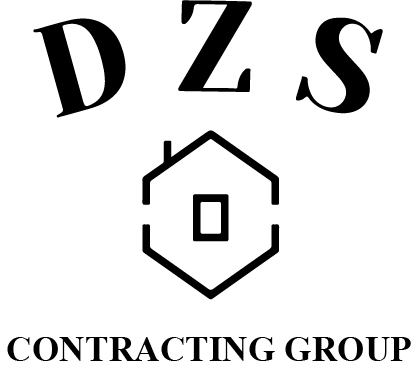Entering into the 2025 housing market, several factors will shape the landscape for homebuyers, sellers, and investors alike. Understanding these elements will be crucial for making informed decisions in the coming years.
First and foremost, the economy plays a significant role in the housing market. Economic growth or contraction influences consumer confidence, purchasing power, and overall demand for housing. In 2025, economists predict an upward trend in economic recovery following recent global challenges that have affected various sectors. This potential growth can lead to increased job opportunities, resulting in more individuals and families looking to purchase homes.
Interest rates are another pivotal factor that will impact the housing market. After experiencing fluctuating rates in recent years, experts expect that in 2025, we may see a stabilization in mortgage rates. If rates remain low, this could encourage first-time buyers to enter the market, as well as motivate current homeowners to refinance their mortgages. Conversely, if rates rise substantially, it may deter some buyers due to higher monthly payments, thereby influencing housing demand.
Supply and demand dynamics will also be integral to the market outlook. The housing supply has faced challenges, including labor shortages, supply chain disruptions, and rising material costs. These factors have contributed to slower construction rates, which have caused housing inventory to dwindle in many areas. Looking ahead, if these issues are addressed effectively, we could see an increase in housing availability. However, if construction continues to lag behind demand, this could drive prices up, making affordability a critical concern for many.
Another aspect to consider is demographic trends. The millennial generation, currently the largest group of homebuyers, is reaching the stage in life where homeownership is becoming a priority. Many are looking to purchase homes as they start families or seek more stable living conditions. This trend is associated with increased demand for single-family homes, suburban properties, and even remote working-friendly residences, which could lead to a shift in housing preferences and demand patterns.
Moreover, technological advancements will also play a crucial role in the housing market in 2025. The rise in remote work has changed how people view their living situations, with many seeking homes that accommodate a home office. Virtual tours, online home-buying tools, and digital transactions will continue to simplify the process of buying and selling homes, attracting tech-savvy buyers who value convenience and efficiency.
Sustainability is another growing consideration shaping the housing market outlook. As environmental concerns become increasingly prominent, buyers are expressing a preference for energy-efficient homes and communities that prioritize green spaces. Builders and developers are expected to rise to this demand, incorporating eco-friendly materials and sustainable practices in their projects. This shift not only aligns with buyers’ values but can also offer long-term savings and benefits in terms of energy costs.
Investors will also have a role in the housing market in 2025. As the market stabilizes, real estate investment may become more appealing, particularly for those looking to capitalize on rental properties or market appreciation. Understanding the different regional markets will be essential for investors seeking profitable opportunities. Urban areas may continue to attract a younger demographic, while suburban locations might appeal to families looking for more space.
Regulatory changes may also influence the housing market outlook. Policymakers continually assess housing policies to improve affordability, accessibility, and homeownership rates. Programs aimed at providing down payment assistance or reducing barriers for first-time buyers could stimulate demand and support a more balanced housing market.
Lastly, the global context must also be considered. The housing market does not operate in isolation, and international trends and economic interdependencies can impact local conditions. As countries recover from the global pandemic and navigate geopolitical tensions, fluctuations in foreign investment in real estate could either bolster or challenge domestic markets.
In conclusion, the housing market outlook for 2025 is shaped by a combination of economic factors, demographic trends, technological advancements, sustainability, regulation, and global influences. Entering into this new chapter, it is essential for potential buyers, sellers, and investors to stay informed about these developments to effectively navigate the market landscape. Being proactive and well-prepared will enable you to seize opportunities and make the most of the housing market in the years to come. Whether you are considering purchasing a home, selling your property, or exploring investment options, understanding these trends will be invaluable in achieving your goals. As always, seeking guidance from knowledgeable professionals in the real estate industry can provide further insights and support as the market evolves.

